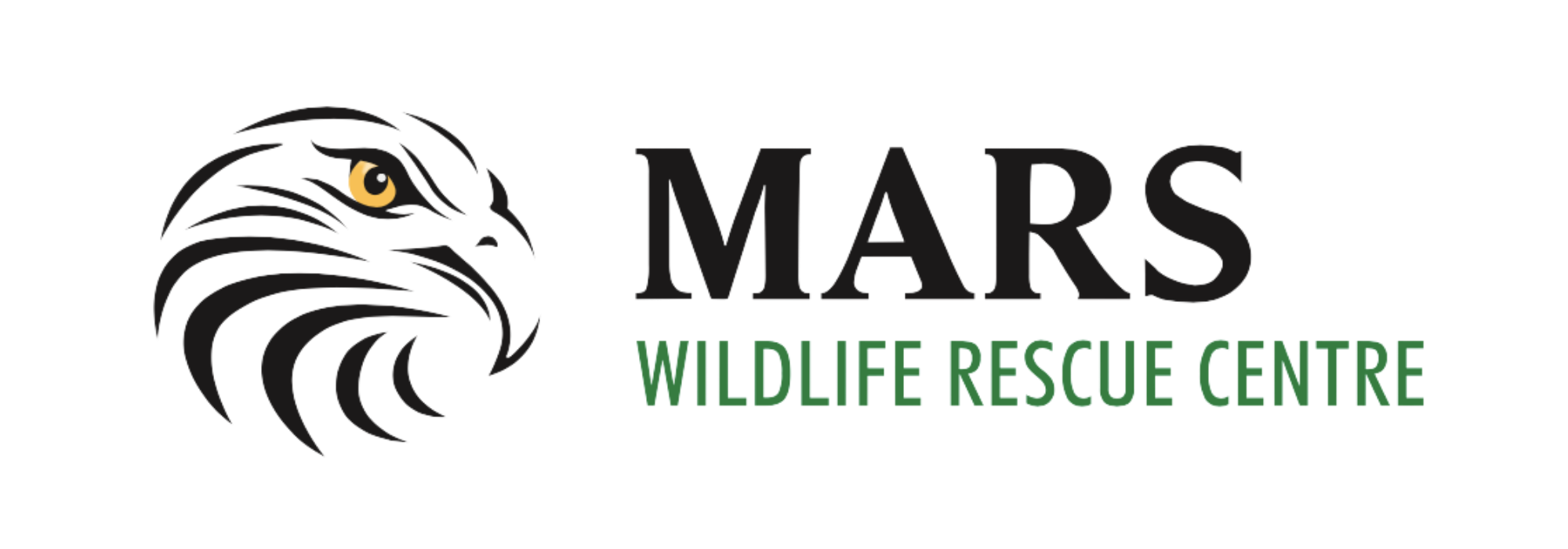MARS Moment 2011
by Sandy Fairfield, MARS Education Coordinator
Although I see both points of view, seal pups are enchanting and hard to ignore, appearing so helpless and vulnerable.
Vancouver Island waters are home to a variety of seals, the most common being the Pacific Harbour Seal, also known as a true and crawling seal. Occasionally we see the Northern Fur seal and Stellar sea lions, easily identified by their size and brown coloration.
Harbour Seals have unmistakable silver gray coats adorned with a variety of darker spots or splotches. All seals are streamlined water machines with torpedo-shaped bodies perfectly designed for speed and agility when diving and swimming. Stellar sea lions are classified as “walking seals” and appear to walk by lifting up the front of their bodies supported on long front flippers and moving their hindquarters forward much like a caterpillar.
In comparison, Harbour Seals are very clumsy on land and only able to move by flopping on their bellies. Harbour Seals have very large dark eyes lubricated by oily tears: healthy seal pups have well-defined black circles around their eyes. These seals do not have earflaps: instead they have ear slits and these together with their nostrils close up when the seal dives.
Widely distributed north of the Equator, Harbour Seals are found in both the Pacific and Atlantic Oceans. On the west coast of North America they range from Alaska to Mexico. Coastal waters near the shoreline are the favorite habitat of these seals: they prefer sandy beaches, mud flats, bays, estuaries and, of course, marine harbors. Harbor Seals spend equal time in and out of the water and can be seen off Point Holmes and along the Campbell River shoreline; at low tide they look like bananas perched atop a rock as they bask in the sun.
By dramatically lowering their heart rate, Harbour Seals are able to sleep in the water; they subconsciously will rise to the surface to breathe. This species of seal are deep divers, attaining depths in excess of 450 meters, and they are able to stay under the water for approximately forty minutes.
Long whiskers are equipped with sensitive nerves which help the seal sense pressure changes in the water indicating the presence of prey. Known for their partiality for salmon, Harbour Seals are actually opportunistic feeders eating flounders, sole, hake, cod, herring, octopus and squid. They have large appetites consuming between two and three kilograms of seafood a day. In British Columbia, seal pup season usually runs from June to September. Little is known about the mating habits of the seals which takes place underwater in their territory. Harbour Seal pups are born on land and can crawl to the water and swim right after their birth. Pups can weigh up to thirty pounds at birth (adults can weigh up to one hundred and eighty pounds); premature births are quite frequent and their white or “lanugo” coats easily identify these pups.
MARS has already rescued two seal pups this month; in past years we have rescued up to 30 in a season. Two years ago, with financial assistance from the Shell Environment Fund, we launched a public awareness campaign, posting signs and distributing informational pamphlets. This has raised public awareness of the needs of the pups and increased the frequency with which we are called to assess the need to intervene.
Mother seals will leave their babies to go hunting on the high tide and will return at low tide to nurse the pup. This is often mistaken for the mother abandoning the pup. Pups need the antibodies found in the mothers’ milk to help boost their immune system. If the mother is scared away by humans or dogs she may not return to her pup.
Cloudy eyes and large amounts of mucous around the nostrils are indications of sick seal pups; seals are very prone to respiratory diseases, some of which can be transmitted to humans. When seal pups come to our center they are given fluids and stabilized, then promptly relocated to the Vancouver Aquarium or Saltspring Island where they specialize in raising pups to return to the wild.
Do not approach seal pups on the beach: keep children and dogs away from the pups and please call MARS to report seals that may need help.
To report injured or orphaned wildlife, please call 1-800-304-9968.
Look for our information booth at various public venues during the summer season and learn how you can help wildlife.

